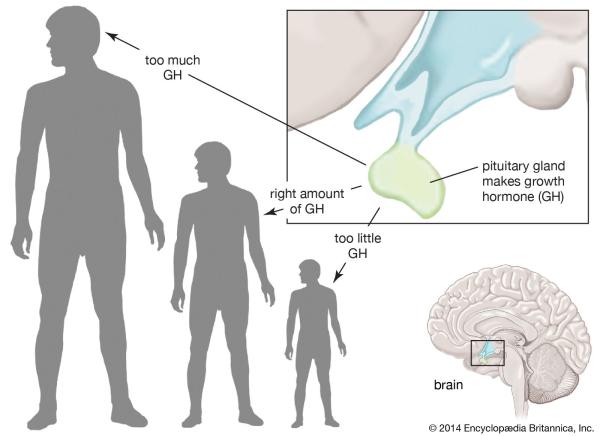| Before starting growth hormone treatment, be sure to share your complete medical history, including any pre-existing conditions, allergies, current medications (prescription and over-the-counter), and family history of health issues. Discuss any concerns or questions you have about the treatment, potential side effects, and lifestyle adjustments needed. It is also important to disclose any substance use, including alcohol and tobacco, as these can impact treatment effectiveness and safety. Finally, provide a comprehensive list of all supplements or herbal remedies you are currently taking. 
Before starting growth hormone (GH) treatment, it's crucial to have an open and honest conversation with your doctor. This will ensure the treatment is safe and effective for you. Here's a list of information you should share with your doctor:
1. Medical History:
- Complete medical history: This includes all past illnesses, surgeries, hospitalizations, and current health conditions. Be thorough; even seemingly minor details can be important.
- Family history: Mention any family history of growth disorders, diabetes, cancer, or heart conditions.
- Allergies: List all known allergies, including medications, food, and environmental allergens.
- Current medications: This includes prescription drugs, over-the-counter medications, supplements (vitamins, herbs, etc.), and even recreational drugs. Be specific about dosages and frequency.
- Previous treatments: If you've had any previous treatments for growth disorders or other related conditions, share details about them.
2. Lifestyle Factors: - Diet: Describe your typical daily diet. This will help your doctor assess your nutritional intake and identify any potential dietary adjustments needed during treatment.
- Exercise: Detail your exercise routine, including frequency, intensity, and type of activity.
- Sleep: Discuss your sleep patterns, including bedtime, wake-up time, and the quality of your sleep. GH secretion is largely influenced by sleep.
- Stress levels: Be honest about your stress levels and how you manage them. Stress can affect GH production.
- Smoking and alcohol consumption: Provide details about your smoking habits (if any) and alcohol consumption. Both can affect treatment response and overall health.
3. Growth Concerns and Expectations: - Reason for seeking treatment: Clearly explain why you or your child are seeking GH treatment. What are your specific goals?
- Growth history: Provide detailed information about your or your child's growth history, including height measurements over time.
- Concerns and anxieties: Share any concerns or anxieties you have about the treatment process, potential side effects, or long-term implications.
- Realistic expectations: Understand that GH treatment doesn't guarantee a specific outcome. Discuss realistic expectations with your doctor regarding height gain.
4. Other Relevant Information: - Insurance information: Ensure your doctor has the necessary insurance information to process the treatment.
- Financial considerations: GH treatment can be expensive. Discuss the cost and payment options with your doctor or insurance provider.
- Support system: Discuss who will be supporting you or your child throughout the treatment process.
By providing your doctor with complete and accurate information, you'll contribute to a successful and safe treatment experience. Remember to ask questions and clarify any uncertainties you may have. Don't hesitate to bring a family member or friend for support during your appointment.
Tags: Growth Hormone Growth Hormone Treatment 성장호르몬  
|  1,427
1,427  0
0  0
0  3350
3350 